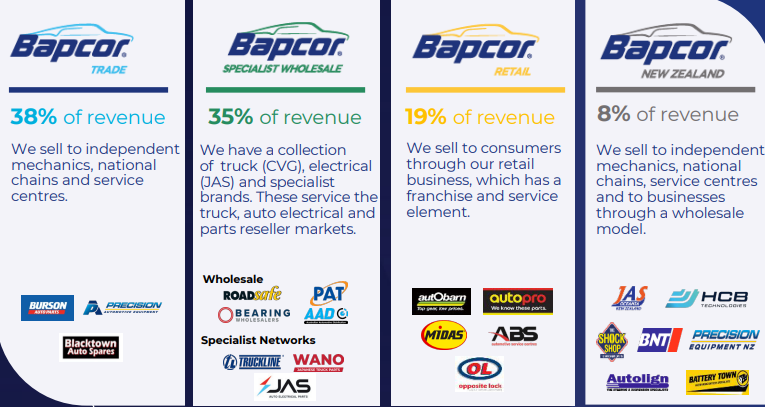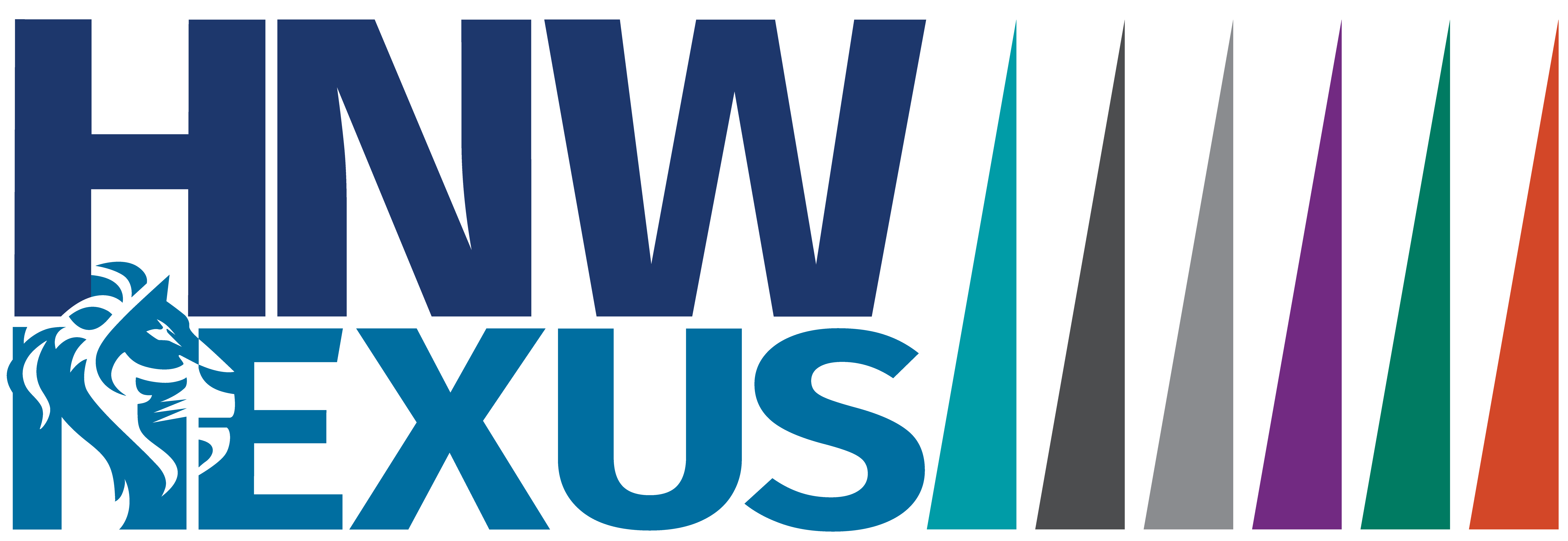
This morning, Bapcor (BAP), Australia’s largest vehicle parts, accessories and equipment provider, which was in line with market expectations following a trading update in July. HNW Growth has a 2% weight to Bapcor.
Key Points:
- Profits Down: Net profit was down -8% to $80 million, driven by lower profits from retail and New Zealand but slightly offset by Trade and Specialist Wholesale (See Below) due to the consolidation of moving inventory away from small inventory sites to large-scale warehouse distribution centres, which will be a long-term benefit.
- Brighter Times Ahead: Since starting twelve months ago, new CEO Angus McKay has implemented initiatives, including consolidating brands and warehouses to reduce costs and invest in better technology to improve supply chain fulfilment. This resulted in Bapcor saving $27 million annually in 2025, with an expectation of $40 million in savings next year.
- Balance Sheet: The balance sheet remains robust, with net debt decreasing by 8% to $365 million and a leverage ratio of 2.1x with no debt maturities until 2027.
- Dividends: Bapcor announced a dividend of 13.5 cents per share, representing a payout ratio of 57%, at the higher end of their dividend policy of 50-60%.
- Guidance: Bapcor management didn’t provide specific guidance but stated that they expect profits to be skewed towards the second half, as cost initiatives and organic growth will take time to be reflected in earnings. We have a one on one meeting with the CEO on Tuesday.
BAP finished up +1% to $3.98
Portfolio Strategy: Bapcor provides portfolio exposure to the automotive parts aftermarket across Australia and New Zealand through motor vehicles (Burson), Trucks (Truckline), Agriculture (Bearing Wholesalers), and servicing (Midas). Bapcor benefits from the constantly aging car fleets of Australia and New Zealand that require more frequent servicing, with the average vehicle age increasing from 9.5 years before the pandemic to over 11 years now. Over the medium term, Bapcor will benefit from the transition to EVs, with many components of EVs needing more regular servicing. Bapcor trades on 12x forward earnings with a dividend yield of 3%.




